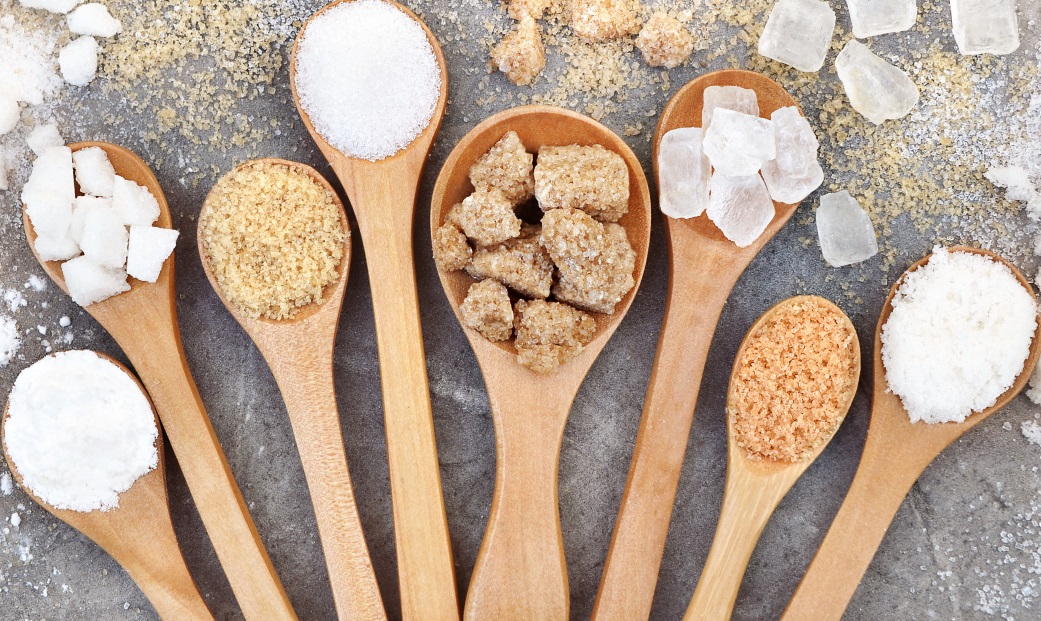As omnivores, the human diet craves variation, and more often than not, sweet and salty components are the vehicles that drive the delicate balance of flavors. This holds even with the current wave of healthy eating. Regardless of where one is on the clean eating spectrum, people crave something sweet occasionally.

Sugar is a staple ingredient in most modern food and beverage industries producing processed foods. While it has been widely used as a sweetening agent for ages, things are rapidly changing given the current wave of health consciousness and clean eating. Moreover, several public health policy initiatives, such as sugar taxes for the food industry and government reformulation programs, have further contributed to the need for a change in how processed foods are formulated and sweetened.
In the last decade, the food and beverage sector has made immense progress in addressing the need for sugar alternatives and replacements. However, the process of reducing or replacing sugars in foods and drinks is a complex one. Apart from adding sweetness to the final product, sugar is instrumental for products like biscuits to have that delicious crunch. It helps the cake rise by interacting with the gluten. It is a preservative for relishes, jams, syrups, and other products, improving and enhancing their shelf life.

One of the main challenges with reducing sugar is that non-sugar sweeteners do not promise a similar level of intensity as table sugar (sucrose). Moreover, the removal or reduction in sugars could also translate to a sensory variation in the product’s flavors, texture, color, and stability.
This affects the palatability overall and could hurt the product’s popularity at the consumer level.
The demand of not compromising with the taste also poses a challenge for manufacturers.
Modern consumers want nutrition and demand parity when it comes to the taste and stability of processed foods. The trend for healthier eating will continue, and it is up to manufacturers and food scientists to reformulate products that taste just as good as the original variants.
As an ingredient, sugar is not inherently bad. Instead, the total calories added to the diet and balanced nutritious ingredients are key. As such, sugar reduction will continue to be a significant issue for the food industry.


